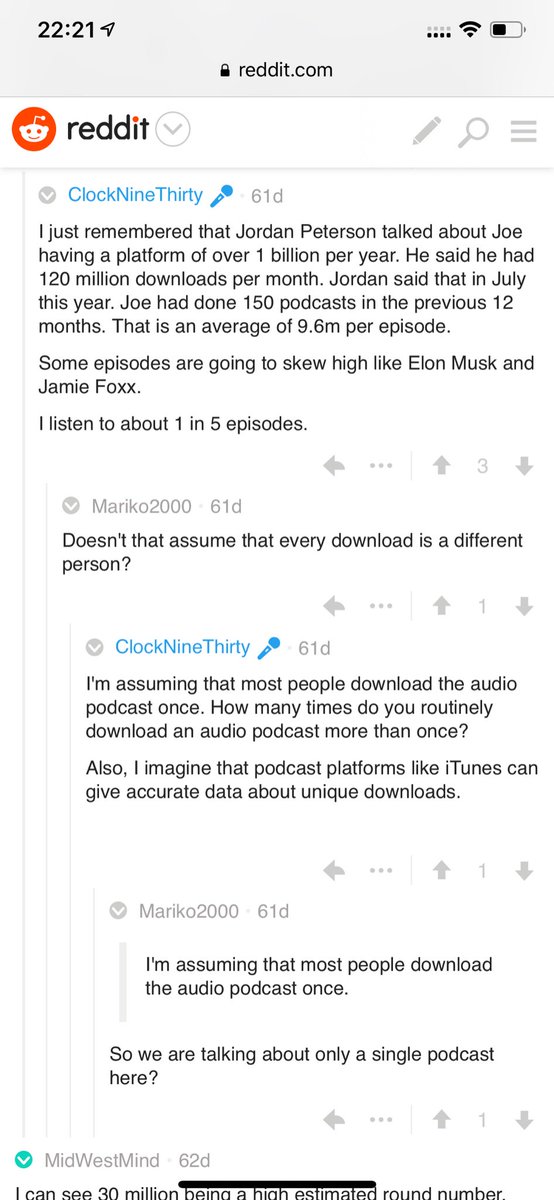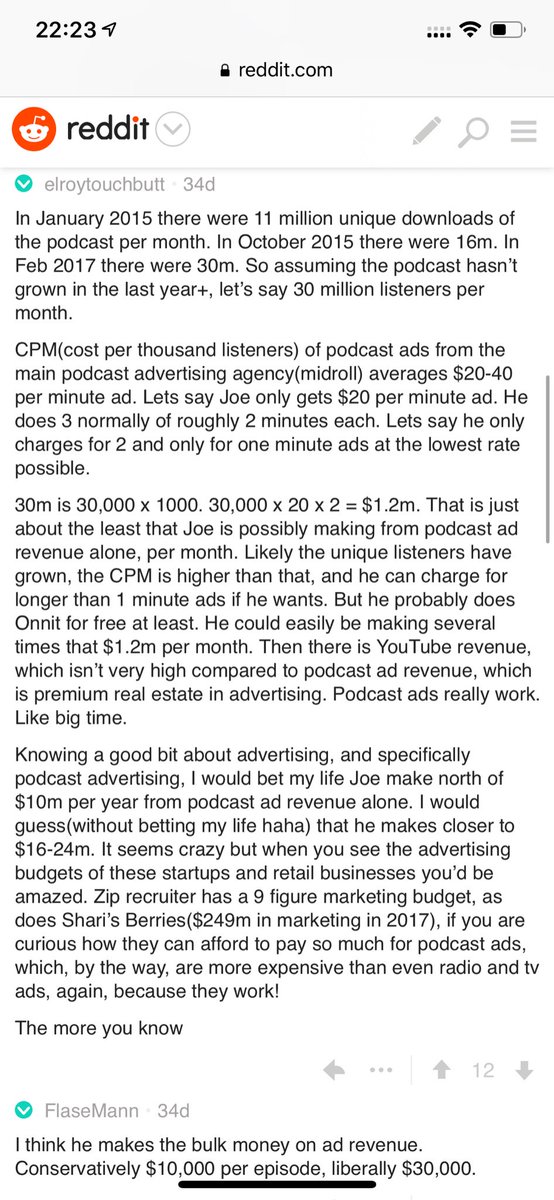They mainstreamed paying for independent writing, and changed the lives of thousands of writers in the process.
But they're building for a specific type of creator.
Interesting point from @JayCoDon on why he left Substack.
— Austin Rief \u2615\ufe0f (@austin_rief) December 16, 2020
"Substack" becoming synonymous with "newsletter" on Twitter certainly has its pros.
But, there are also cons that may turn off future creators. pic.twitter.com/o5BhWxFv4x
Since this NYer article about Substack quotes a paragraph from my blog post about MultiSKU Creators but doesn't link to ithttps://t.co/QS206eYRsT
— \U0001f468\U0001f3fb\u200d\U0001f4bb\u2615\ufe0f (@hunterwalk) December 28, 2020
Refusal to link credit is one persistent example of how traditional media still doesn't truly embrace internet culture https://t.co/FUDvLgamBI
You can now run paid newsletters through @ConvertKit!
— Nathan Barry (@nathanbarry) November 11, 2020
Here's why you'll love it:
- Free for up to 1,000 subscribers
- 3.5% payment fees (compared to 12.9% for Substack)
- Very customizable custom designs
- Subscriber referral programs
- Automations to drive more sales pic.twitter.com/eH6JfFCyzP
1/
— 10-K Diver (@10kdiver) July 25, 2020
Get a cup of coffee.
In this thread, I'll help you work out how much money you need to retire.
1/ Thoughts on Research Process
— Mostly Borrowed Ideas (@borrowed_ideas) September 27, 2021
I was invited to present my research process at a college in the US. I am sharing all ten slides here. pic.twitter.com/z0tjZcogfH
\U0001f9d0How to Read 10Ks Like a Hedge Fund\U0001f9d0
— Ming Zhao (@FabiusMercurius) May 7, 2021
\u201cFundamentals don\u2019t matter anymore!\u201d I\u2019ve heard this a lot lately on Fintwit.\U0001f644
But, for those who\u2019ve diversify beyond $GME and $DOGE, here\u2019s a primer on what metrics fundamental buy-side PMs look at and why:
(real examples outlined)
\U0001f447 pic.twitter.com/tLlNRvpnDK
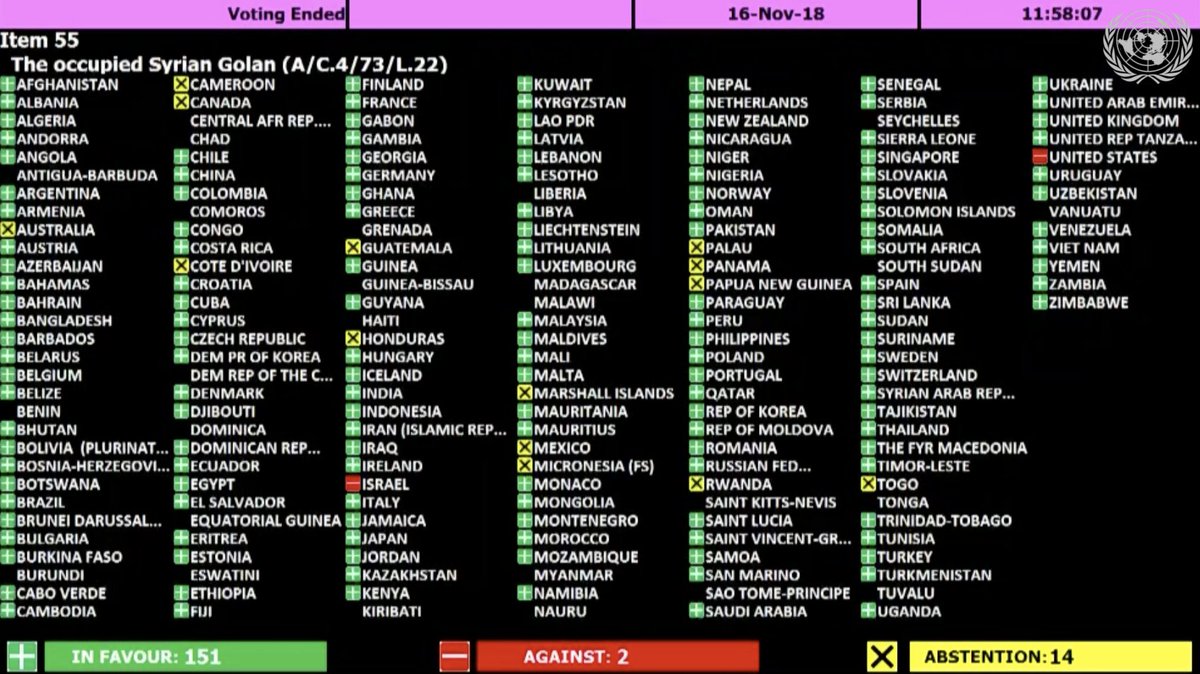
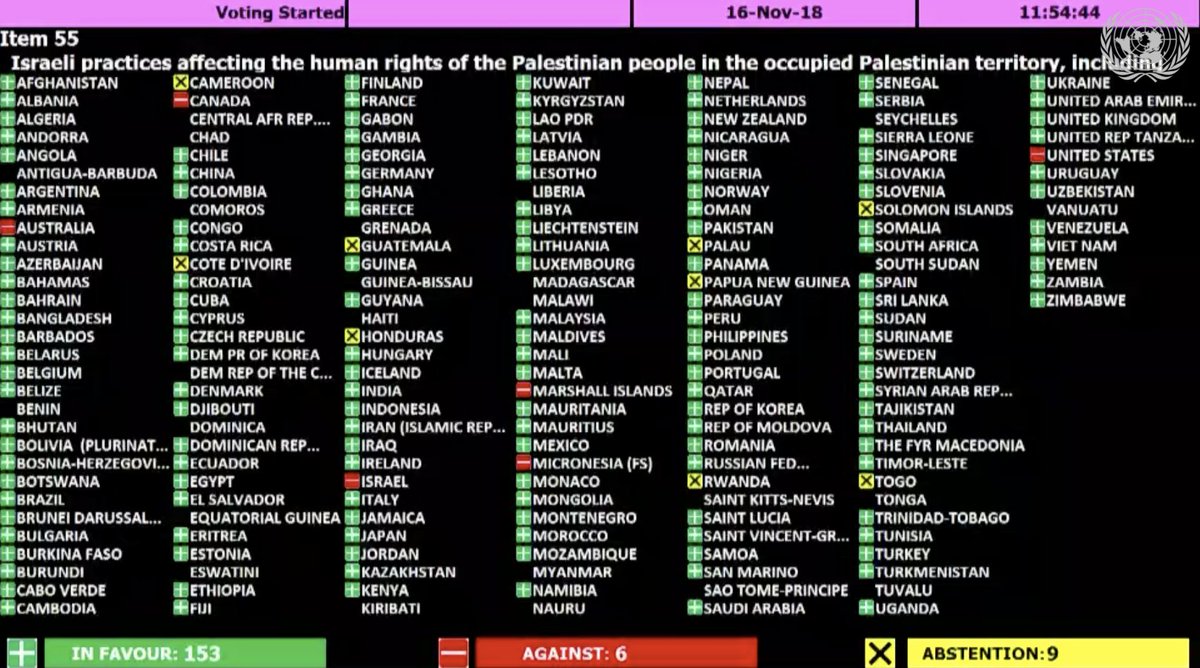
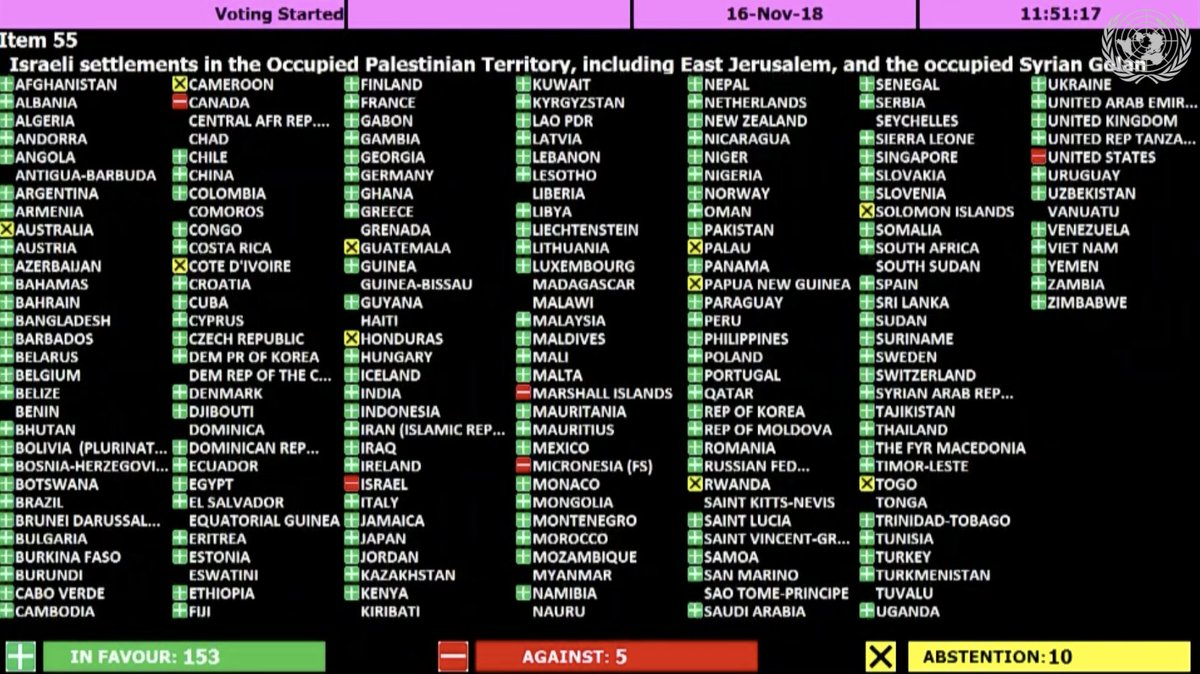
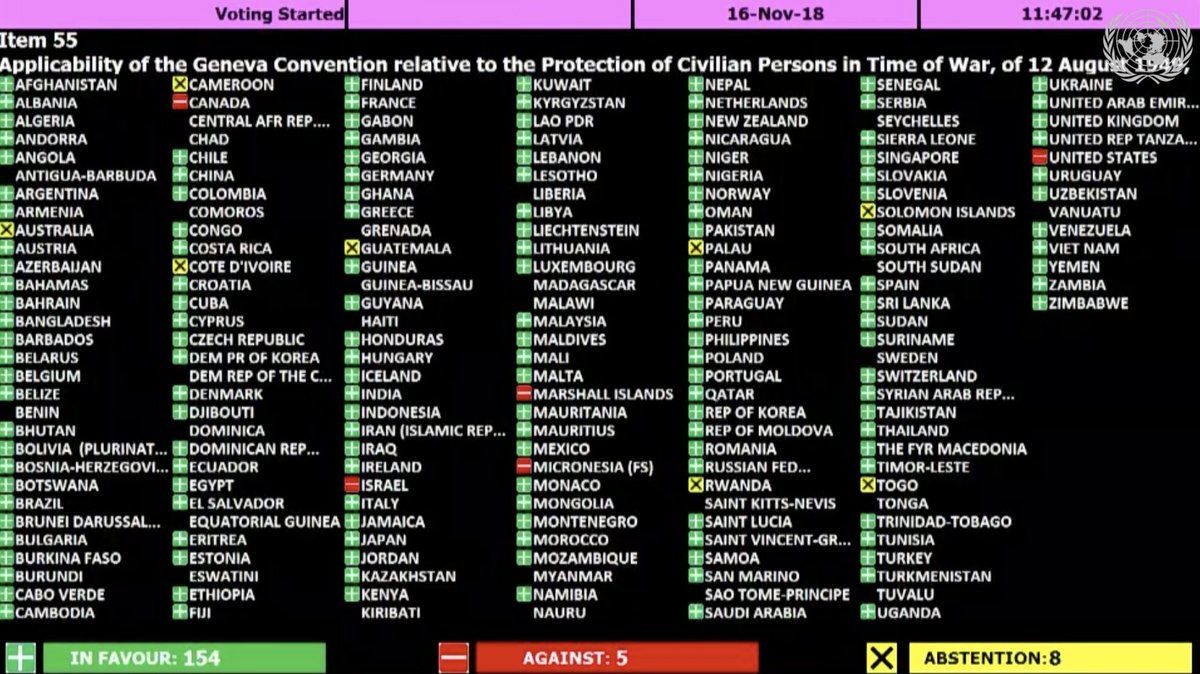
I am quite different from your style. I follow the market's volatility very closely. I have mock positions in 7-8 different strategies which allows me to stay connected. Whichever gives best profit is usually the one i trade in.
— Sarang Sood (@SarangSood) August 13, 2019
Anilji most of the time these days Theta only falls when market moves. So the Theta actually falls where market has moved to, not where our position was in the first place. By shifting we can come close to capturing the Theta fall but not always.
— Sarang Sood (@SarangSood) June 24, 2019
This week has been great so far. The main aim is to be in the right side of the volatility, rest the market will reward.
— Sarang Sood (@SarangSood) July 3, 2019
There is a difference between theta decay & fall in vega. Decay is certain but there is no guaranteed profit as delta moves can increase cost. Fall in vega on the other hand is backed by a powerful force that sells options and gives handsome returns. Our job is to identify them.
— Sarang Sood (@SarangSood) February 12, 2020
